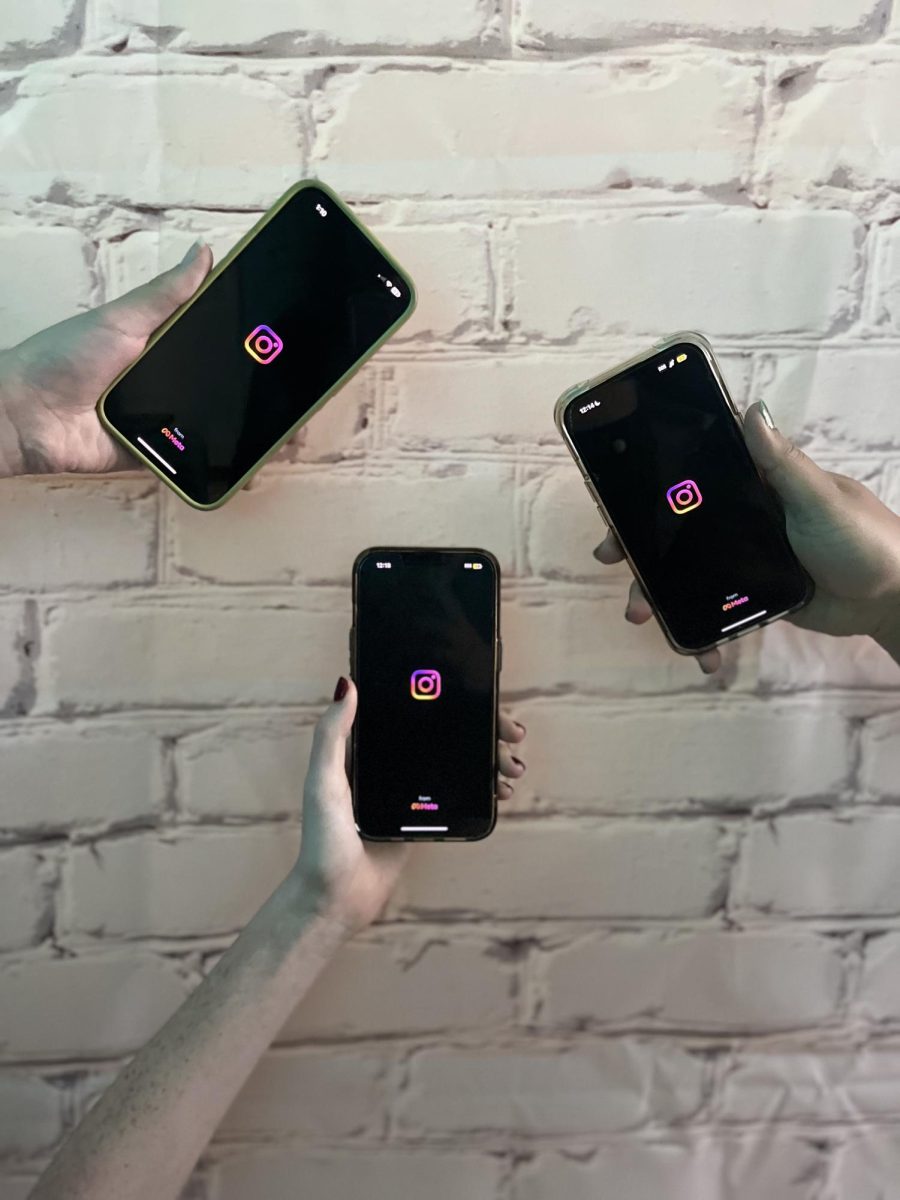On Sept. 17, Meta announced a platform-wide update for Instagram: over the next 60 days, teens aged 13-17 in the US, UK, Canada and Australia would be the first cohort moved into new restricted “Teen Accounts.” This change comes amid growing backlash from parents and experts regarding the safety of children on the platform.
Despite the 14-year history of the platform, Instagram has only recently begun to face public controversies over their impact on young people’s mental health. In January, Meta CEO Mark Zuckerberg was questioned at a U.S. Senate Judiciary Committee Hearing over child safety. In a New York Times opinion piece published in June, U.S. Surgeon General Vivek Murthy called for Congress to enforce a warning label on social media platforms similar to those which were made mandatory for cigarettes.
“That’s a pretty consistent trend with humans in general, we tend to come out with something or make something new, and it’s all about marketing and getting it out there without understanding the full repercussions of it,” medical microbiology and chemistry teacher Jason Haley, who has teenage children, said. “People were smoking cigarettes long before they knew that they cause cancer. It’s pushed out because money is the driving factor behind it. In the future, we should use this as an example to do more research about the long term effects before we start producing these things, because it has been detrimental to a lot of people.”
The platform’s terms of service have always required users to be over 13, but Meta has often been criticized for their lack of enforcement. Though they launched in 2010, they only began asking for users to enter a birthdate in 2019. Haley worries that underage users of Instagram may suffer from the negativity and isolation of the platform.
“Based on being a teacher and a parent, social media has inhibited the ability for teens to socially interact normally because they rely on social media,” Haley said. “There’s a lack of person-to-person social cues and facial expressions. People are a lot braver behind a keyboard and say things they normally wouldn’t do because they could pick up on social cues.”
The new Teen Accounts have many restrictions meant to protect younger users. Parents will now have more control over their children’s accounts, and teenagers will only be able to measure people they are connected with. Sleep mode will mute notifications between 10 p.m. and 7 a.m., and new restrictive content settings will be imposed for the reels and posts users can encounter. These new features can only be deactivated with the permission of a parent.
“I’m ambivalent towards the changes, because there’s definitely some pros and there’s definitely some cons,” junior Sanvi Chaukade said. “I feel like it would reduce sexual harassment on Instagram, and definitely have a positive impact on teens’ mental health.”
Much of the public have raised concerns that teenagers will circumvent the new restrictions by lying about their age – but Meta has a plan. For example, they have partnered with British digital identity company Yoti to employ their facial age estimation technology, allowing them to find teenagers in violation of the new restrictions. According to one statement from Meta, “96% of the teens who attempted to change their birthdays from under 18 to 18 or over on Instagram [were stopped from] doing so.”
“When I hear AI and age verification, I think a lot of the concerns just revolve around data privacy and security concerns,” senior Gabriel Melo said. “If Instagram were to implement something that works, obviously, then it’d be great for them to slow the burning effects of social media. I would say that as long as the data privacy and the ethical concerns behind using AI to verify the age of a minor are set properly, it’s reasonable and effective.”
Melo believes that when used responsibly, social media does hold some value for young people.
“It just depends on whose hands are using the phone,” Melo said. “There are people who are going to be able to use social media for their benefit, and there are people that are going to just be distracted by it all the time. It’s just about finding a balance. People need to know more about the risks behind getting stuck in a social media rabbit hole, while just being able to use it to open their eyes to the world around them.”


